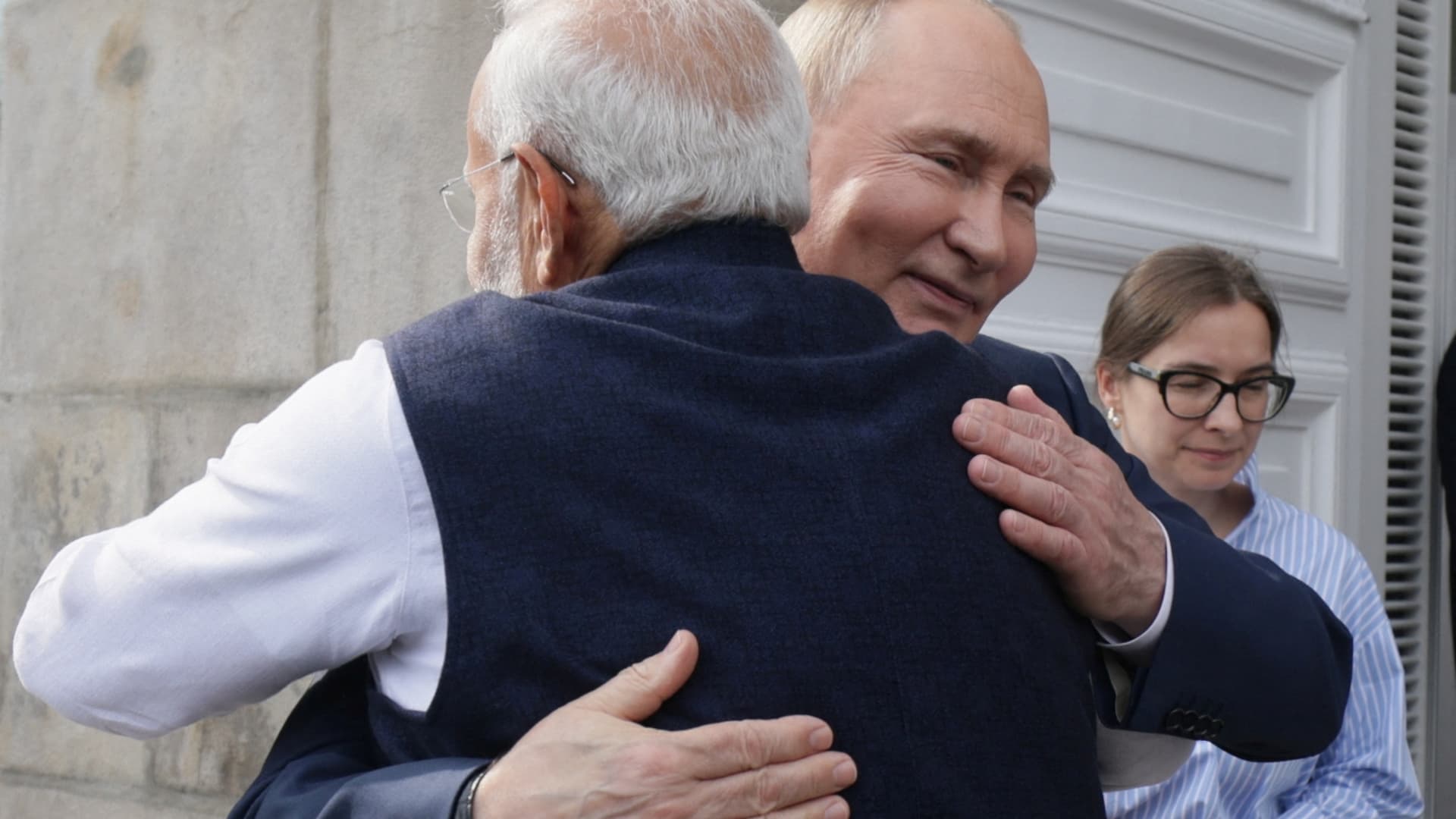Now Reading: Putin Criticizes US Tariffs, Says India Can Gain by Balancing Trade
-
01
Putin Criticizes US Tariffs, Says India Can Gain by Balancing Trade
Putin Criticizes US Tariffs, Says India Can Gain by Balancing Trade

Russian President Vladimir Putin has weighed in on the ongoing tariff tensions between major global economies, suggesting that India could turn the situation to its advantage. As the United States intensifies its trade restrictions, Putin indicated that such moves may push Russia and other nations to deepen economic ties with countries like India, potentially increasing Indian imports and helping address trade imbalances.
During his remarks, Putin criticized the US for triggering what he called an unnecessary tariff war, arguing that such economic barriers harm the global market and disrupt fair competition. He emphasized that protectionist policies often backfire, forcing countries to look for alternative trade partners. In this context, India’s growing market and manufacturing capacity make it a natural choice for collaboration.
Economists believe this shift could benefit India by opening new trade channels, especially in energy, agriculture, and technology sectors. With Russia seeking to expand its exports beyond traditional Western markets, India stands to gain from lower-cost imports and improved access to resources such as oil, fertilizers, and defense equipment. However, balancing this expansion with long-term sustainability and global diplomacy will be crucial.
The ongoing tariff war has already impacted several global industries, from electronics to automotive components. For India, which relies heavily on imports for key materials, this could be both an opportunity and a challenge. Increased imports from Russia or other non-Western countries may reduce costs but could also test India’s ability to manage currency flow, logistics, and trade policy alignment with Western allies.
Experts note that India’s approach to global trade remains pragmatic—focused on self-reliance while maintaining strong international relationships. The country’s steady economic growth and strategic neutrality allow it to benefit from both Western and Eastern trade partnerships without taking extreme positions.
Putin’s remarks highlight how shifting global power dynamics are reshaping trade priorities. For India, the key will be to use these transitions wisely—expanding its trade network while protecting domestic industries. As global tariff tensions continue, India’s economic diplomacy and adaptability may turn this global friction into a growth opportunity.

























